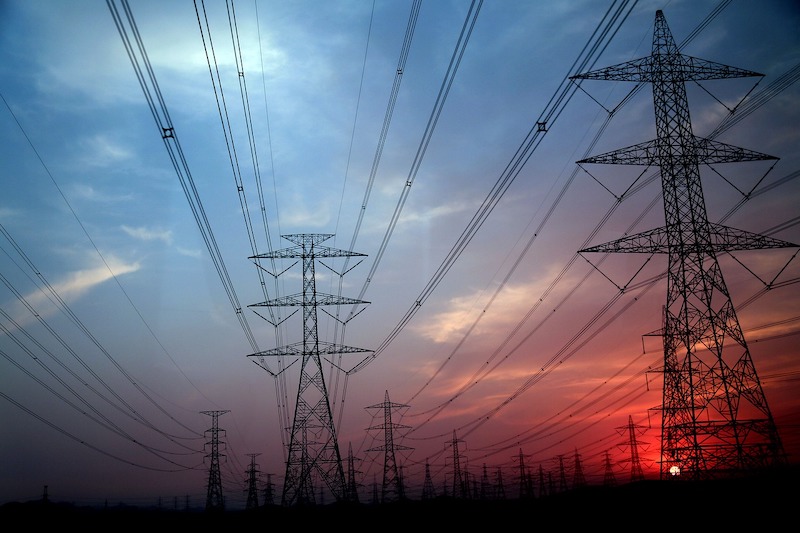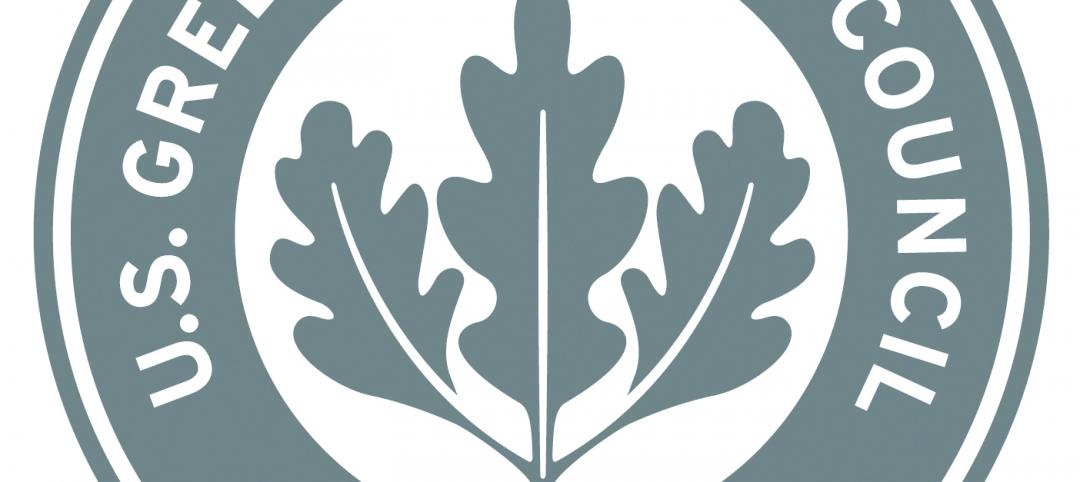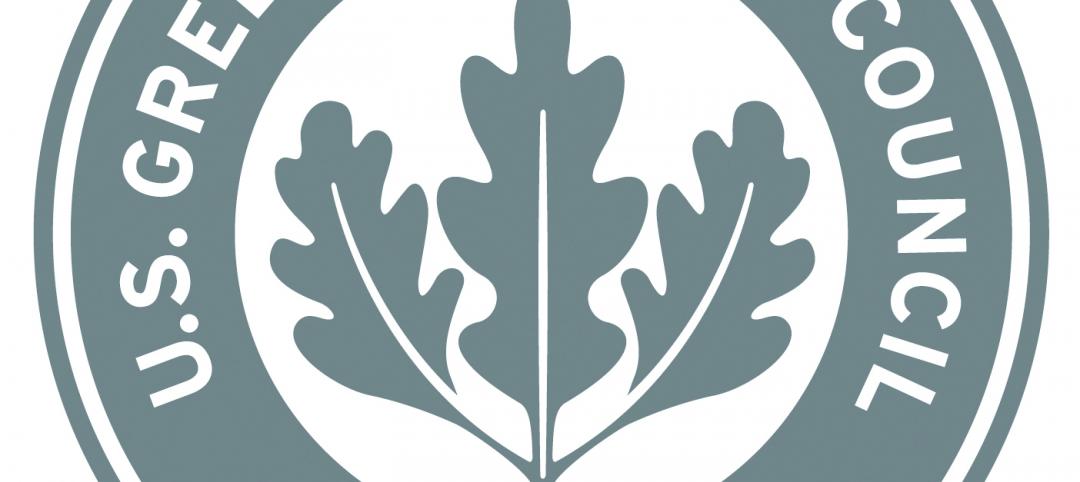The proposed 2021 International Energy Conservation Code (IECC) would be the most energy efficient code ever, but appeals may reduce the efficiency it promotes.
Several industry groups, including the National Association of Home Builders, the Leading Builders of America, the Air Conditioning, Heating, and Refrigeration Institute, the American Gas Association, and the American Public Gas Association, have appealed specific provisions of the proposed code. Among the code challenges are: electrification and electric vehicle readiness, water heating efficiency, and numerous other provisions.
“The sheer number of appeals is unprecedented—likely because the interest in a more efficient code is greater than ever before,” writes Lauren Urbanek, a Natural Resources Defense Council policy advocate. More than 20 efficiency proposals that were approved by the ICC process and that passed the governmental vote with a supermajority have been appealed.
ICC technical committees—which are dominated by industry representatives—had voted to reject the 20 proposals. But their recommendations were overturned by a two-thirds majority vote.
The final hearing was scheduled for September 14 to discuss the legitimacy of the vote. After hearings are completed, the full ICC Board of Directors was scheduled to weigh in on September 16.
Related Stories
| Mar 8, 2012
Federal silica dust rule caught in bureaucratic limbo
A federal rule meant to protect the lungs of workers has been caught in bureaucratic purgatory for more than a year.
| Mar 8, 2012
New LEED-EBOM rating has requirements for specific project types
Several key changes are proposed for the LEED-EBOM Rating System in 2012.
| Mar 8, 2012
Green buildings more resilient than conventionally built structures
A new study by the U.S. Green Building Council (USGBC) and the University of Michigan’s Taubman College of Architecture and Urban Planning suggests that structures built to green standards can advance building resiliency.
| Mar 1, 2012
LEED Platinum standard likely to mean net-zero energy by 2018
As LEED standards continue to rise, the top level, LEED Platinum, will likely mean net-zero energy construction by 2018.
| Mar 1, 2012
EPA beefs up stormwater discharge rule from construction projects
The U.S. Environmental Protection Agency (EPA) has now finalized its 2012 construction general permit (CGP) that authorizes stormwater discharges from construction projects that disturb one or more acres of land in the areas where EPA is the permitting authority.
| Mar 1, 2012
Regulators investigate structural failures during construction of two Ohio casinos
Regulators with the Occupational Safety & Health Administration and the city of Cincinnati are investigatingthe collapse of the second floor of Cincinnati's Horseshoe Casino as workers were pouring concrete.
| Mar 1, 2012
Is your project too small for LEED? Consider other green standards
There are many other recognized national, state and local programs that offer a variety of best management practices and sustainable design, construction and operating strategies.
| Mar 1, 2012
California bill aims to cut costs for commercial building energy retrofits
A bill in the California Assembly would allow the state to pool together property owners’ energy-retrofit loans.
| Feb 29, 2012
Carvalho appointed Shawmut Safety Director
He has been a driving force behind multiple safety-orientated initiatives at Shawmut, including Safety Week, the creation of an online safety manual, and the implementation of a new safety reporting and tracking system.
















